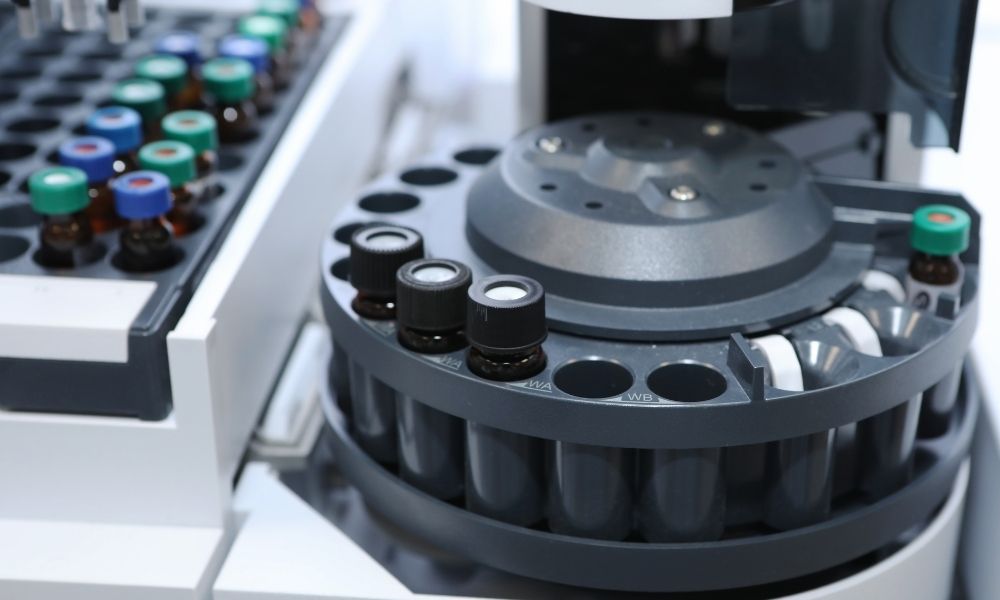There are vast amounts of disciplines to study as a science major. Each one requires a deep understanding of research, analysis, and testing methodology. Separation is a technique widely used for analysis. Among the standard separation techniques is chromatography. Follow this basic guide to the principles of chromatography to understand how and why you may use it as a science major.
What Is Chromatography
Chromatography is a separation method that relies on the mixture’s different components having properties that will stand out from one another. To facilitate a chromatography analysis, the element undergoes two vital phases.
The first phase is the stationary phase. The stationary phase is the solid or liquid substance that stays fixed in the analysis. The component mixed with the stationary phase then runs through the mobile phase. As it passes through the mobile phase, the molecules of the element will move at different rates.
The molecules move at different rates for several reasons, including weight and polarity. As they move, the molecules can be analyzed individually, which is chromatography’s ultimate goal.
Types of Chromatography Tests
There are also several methods for chromatography. Liquid and gas chromatography are some of the most popular options. Other separation methods include thin layer chromatography, ion chromatography, and paper chromatography.
Industries That Use Chromatography
Chromatography is vital in numerous industries that require thorough analysis. Pharmaceutical production and testing, environmental safeguarding, food and beverage manufacturing, medical testing, forensic science, and many more applications rely on chromatography methods.
Equipment and Consumables Needed
Most of the essential equipment for chromatography methods are common in any research lab. This equipment includes vials, closures, and syringes. However, some equipment is specific to chromatography, such as autosamplers, solvents, and sample preparation consumables.
Understanding chromatography is vital for any aspiring scientific researcher. Follow this basic guide to the principles of chromatography to get started.




Be First to Comment